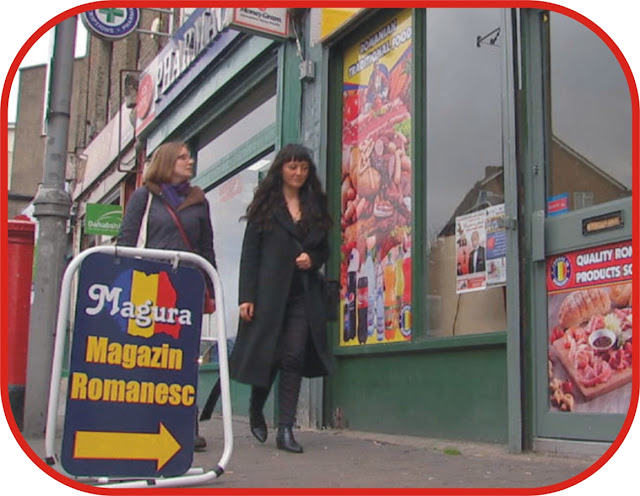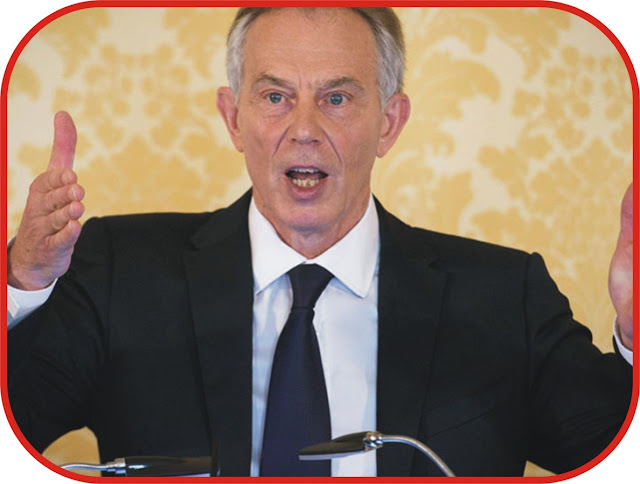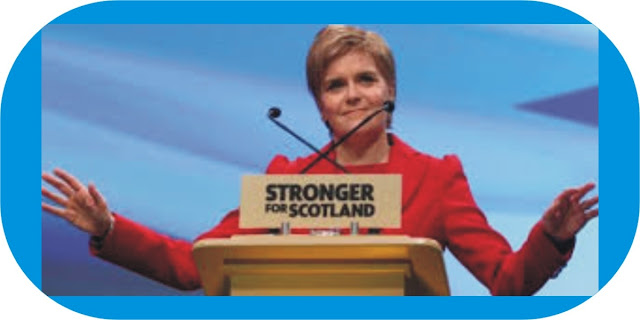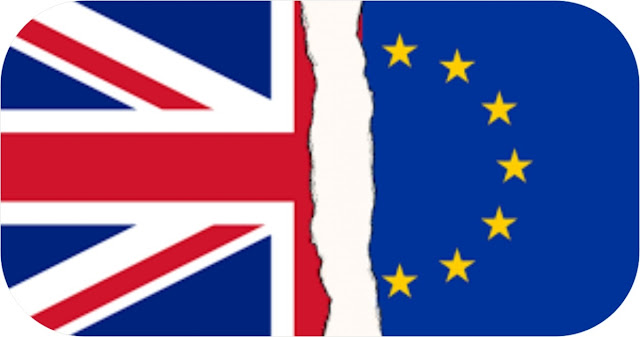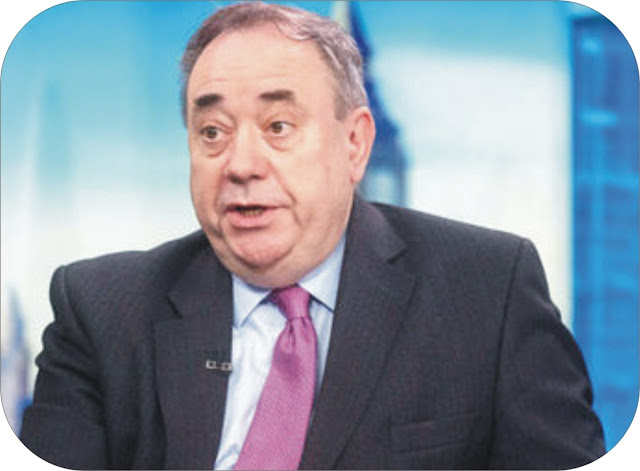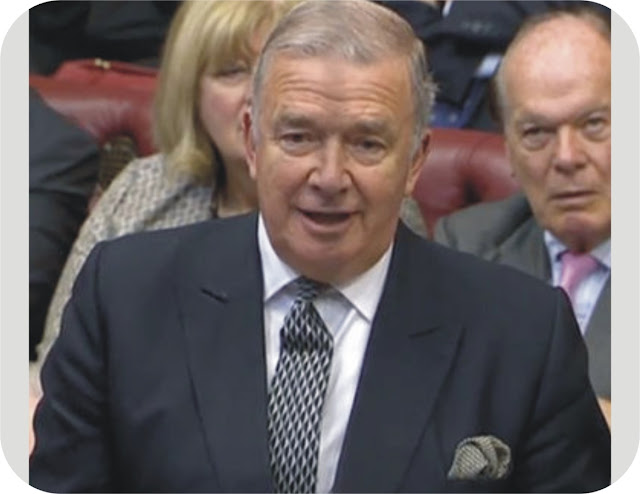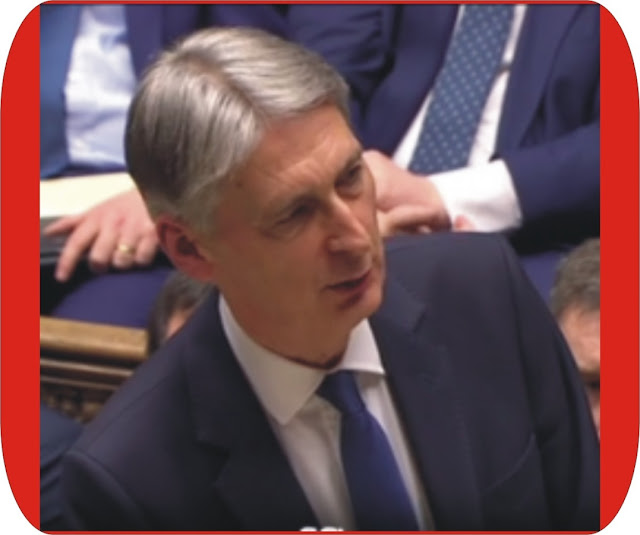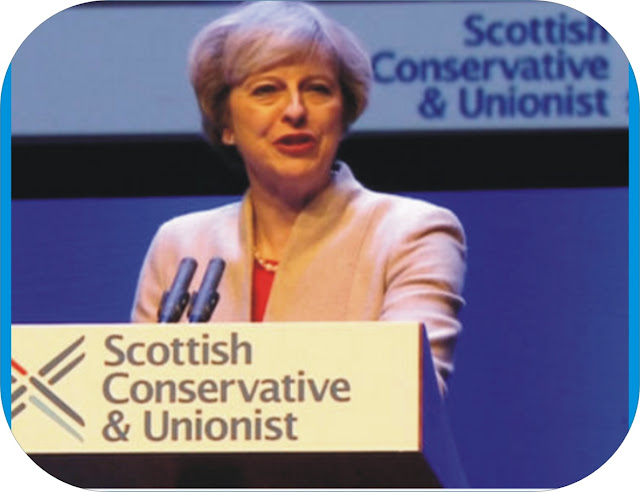
Experts have warned that Scotland will battle with “economic catastrophe” if it becomes independent from the rest of the UK
Experts are beginning to make serious analysis to
determining the type of effect that an independent Scotland will have. One of
such is coming from a top investment banker who said that if Scotland leave the
rest of the UK, it will be faced with an “economic catastrophe”, using the
current crisis in the North Sea and the present deficit as examples.
The Fraser of Allander Institute (FAI) estimate recovery
will continue this year but then warned Brexit uncertainty and the threat of
another referendum will slow growth.
In the meantime, Mr Kapadia, chief executive of the fund
manager Sun Global Investments, said the activating of Article 50 and likelihood
of a second independence referendum embodied a "dual threat" to the
UK and sterling.
He stated that: "From a rational point of view, the
major issue surrounding the call for Scottish independence, is an economic
catastrophe threating Scotland."
Highligting the collapse in oil prices he added: "This
has undermined the economic prowess of Scotland which currently has a deficit
of £15bn or 9.5 per cent of GDP, which would be the highest in the EU.
"It is going to be a hard battle ahead if Scotland
falls for populism under SNP."
It was further stated that in the three months to September
2016, Scotland's economy grew by 0.2 per cent compared to 0.6 per cent for the
UK.
On yearly basis this is 0.7 per cent north of the Border and
2.2 per cent for the UK.
Also, up-to-date projections indicates Scottish growth at
1.2 per cent in 2017, 1.3 per cent in 2018 and 1.4 per cent in 2019, similar to
figures published in December.
The report found in the 10 years since the start of the
financial crisis, the Scottish economy has grown by an average of just 0.7 per
cent each year - less than a third of its long-term trend, squeezing household
income despite unemployment rates at near record lows of 4.7 per cent.
FAI director Graeme Roy said: "Irrespective of your
views over the long-term benefits of Brexit or independence, the increase in
uncertainty caused by the triggering of Article 50 and the prospects of a
second independence referendum will act as a headwind for many businesses.
"Just as it is the responsibility of the UK Government
to provide clarity and reassurance wherever possible through the Brexit
process, it is incumbent on the Scottish Government to do likewise around
independence and to re-double their efforts to support the Scottish economy
through these unprecedented times."


